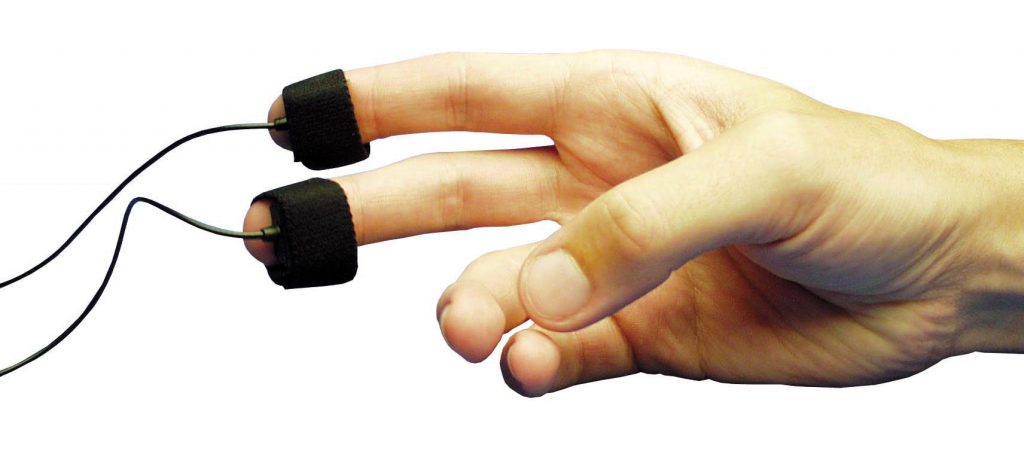 The PACE Lab conducts research examining the physiological correlates of communication effects, political attitudes and behaviors. The lab is equipped with sensors that measure electrodermal activity, electromyography and electroencephalography to better understand how people respond to media messages. Projects center on political communication and journalism behaviors. Faculty Leader: Michael Wagner
The PACE Lab conducts research examining the physiological correlates of communication effects, political attitudes and behaviors. The lab is equipped with sensors that measure electrodermal activity, electromyography and electroencephalography to better understand how people respond to media messages. Projects center on political communication and journalism behaviors. Faculty Leader: Michael Wagner
